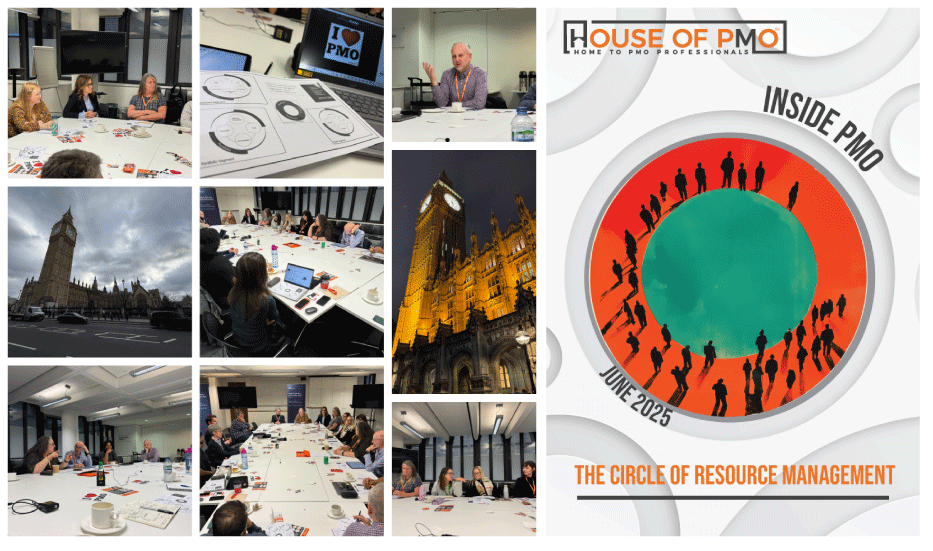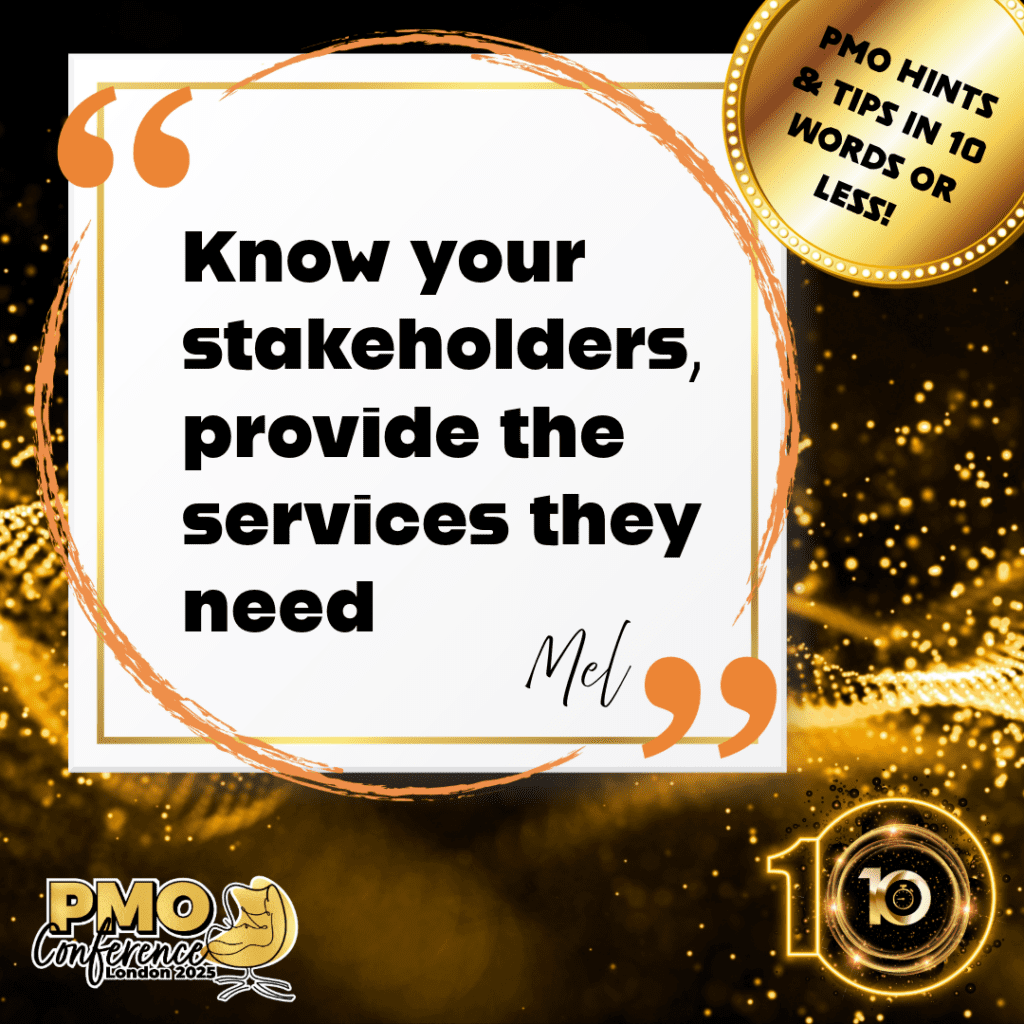We recently asked a simple question in our monthly poll: What career development support does your organisation offer for PMO professionals?
The answers were – well – a bit of a mixed bag. Some positives in there, no doubt, but also some glaring gaps that tell us there’s still a long way to go when it comes to treating PMO as a proper career path, not just a stepping stone or a support act.
Let’s have a look at what the data’s telling us – and more importantly, what we do with that information.
The Big Picture: What the Data Tells Us About PMO Career Development
Most organisations are doing something – that’s the good news. But the type of support they’re offering is skewed toward short-term learning and knowledge exchange, rather than structured progression.
Here’s where organisations are performing relatively well:
-
70% offer internal knowledge-sharing sessions or communities of practice – a brilliant, low-cost way to cultivate internal expertise and camaraderie.
-
60% support attendance at external events and cover the cost of professional memberships – again, essential for staying connected and current.
-
Half of respondents reported having a training budget and being encouraged to pursue PMO certifications.
So far, so good – but that’s only half the story.
The PMO Career Cliff: Where the Support Drops Off
When we look at support related to career structure – the kind that helps people see a future in PMO – the numbers fall sharply.
-
Just 20% say their organisation has a defined career path for PMO roles.
-
Only 1 in 5 report clear promotion routes within PMO.
-
And a mere 10% have access to a formal talent or leadership programme.
That’s not just a gap – it’s a signal. Many organisations are investing in developing skills, but not necessarily careers. And when people can’t see how to grow in a role, they either stagnate or leave.
Why Does This Matter?
For years, PMO has struggled with perception – too often seen as administrative or secondary, rather than strategic and enabling. But that’s changed. Modern PMOs shape delivery culture, drive data-led decision-making, and provide assurance at the highest levels.
If organisations want to attract and retain people who can do that – the curious, capable, strategically minded professionals – they need to show them a path.
And not just a vague “we value our people” message. A real, visible framework for growth.
What Could Better Support Look Like?
Career development isn’t just about climbing a ladder – it’s about movement, progression, and recognition. Here’s what more forward-thinking organisations are doing (or could start doing):
-
Creating PMO career pathways that outline roles, expectations, and development routes.
-
Developing competency frameworks aligned with the skills PMO professionals actually need today – from stakeholder management to data literacy – you can check out the PMO Competency Framework here.
-
Providing mentoring and coaching, especially for those stepping into leadership or portfolio roles.
-
Offering time and space to learn, not just budget. Study leave, L&D hours, or ringfenced time during quiet periods all help.
A Cultural Shift is Needed
The root of the issue might not be policy – but perception. If PMO is still seen as “just admin”, organisations won’t invest in developing their people as strategic professionals. But if they begin to see PMO as a talent pipeline for PPM leadership or strategic delivery – everything shifts.
And as PMO professionals, we have a role in that too. Advocating for our own development. Asking for clarity. Sharing what good looks like from other organisations. Making the case that a mature PMO needs mature support.
Final Thoughts
The data paints a mixed picture – one of well-meaning but incomplete efforts. Most organisations support development in principle, but the infrastructure to support long-term PMO careers is still patchy.
If we want to see PMO roles treated with the same respect and opportunity as delivery roles, we need to keep pushing for more than just training days and conferences. We need structure, mentorship, and visible career paths.
And we need to talk about it.




















